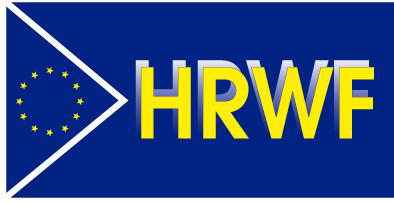HRWF Report: Which Future for Bahrain?

Human Rights Without Frontiers has published its Preliminary report of a fact-finding mission in Bahrain (23-28 October 2011). The report, available here and on the HRWF website.
The Executive Summary of the Report follows:
On 14 February 2011, on the 10th anniversary of the National Action Charter, the Bahrain Youth for Freedom group called for demonstrations to demand economic reform (better job opportunities and better housing), more political freedom, institutional reforms and the introduction of a constitutional monarchy. Thousands of people took to the streets of Manama.
Until mid-March, the Pearl Roundabout became the heart of Bahrain’s opposition protests. Most of the protests were initially peaceful but in the passing days, the rhetoric and actions of some opposition groups and protesters grew more radical and violent: there were calls for a regime change and the removal of the royal family from power. Law enforcement forces tried to restore public order and clashed with the demonstrators. Between February and March, 30-40 people died under various circumstances. Some were killed by the police; others died in custody; policemen and migrant workers were killed by demonstrators; many people were arrested, including doctors, medical workers, teachers and human rights activists.
On 15 March, the king declared a state of emergency. A National Safety Court presided over by one military and two civilian judges was put in place. Two people were sentenced to death for allegedly killing policemen; others received heavy prison terms from 5 to 15 years and others shorter imprisonment sentences. Between 2400 and 2800 people were dismissed from their jobs. However, the government has since applied pressures on private companies to reinstate those dismissed and as a result, the majority of them have now returned to work.
On 1 June, the king lifted the state of emergency. At the end of the same month he established an international independent commission of inquiry whose mandate was to determine whether the events of February and March 2011 involved violations of international human rights law and norms, and to make the necessary recommendations.
The Commission was also asked to provide a complete narrative of the events and the context for these events; to describe any acts of violence that occurred, as well as the actors involved in such acts; to investigate instances of alleged police brutality and violence by protestors and demonstrators against others; to explore the circumstances and appropriateness of arrests and detentions; and to examine allegations of disappearances and torture.
At the end of October, Human Rights Without Frontiers spent four full days in Bahrain, interviewing representatives of civil society and political parties, meeting key ministers and neutral players. The primary purpose was not to investigate again the events that had occurred since mid-February but to collect information on the work of the Bahrain Independent Commission of Inquiry and the National Dialogue, and to assess the prospects of reforms and democratization in the short term. A second objective was to measure the impact of the calls of various EU institutions to abide by international human rights standards and to engage in a meaningful and constructive dialogue with civil society and the opposition.
For the past decade, Bahrain has been considered the most progressive country in the Arab Peninsula, carrying out a number of democratic reforms, promoting women’s rights and creating a business-friendly environment. Unfortunately, sectarian divisions have dramatically eroded the national cohesion in the last few years.
A new social deal is required. A stable and long-term reconciliation is needed. It is in the interest of the Bahrainis and the stability in the region. It is also in the interest of the European Union.